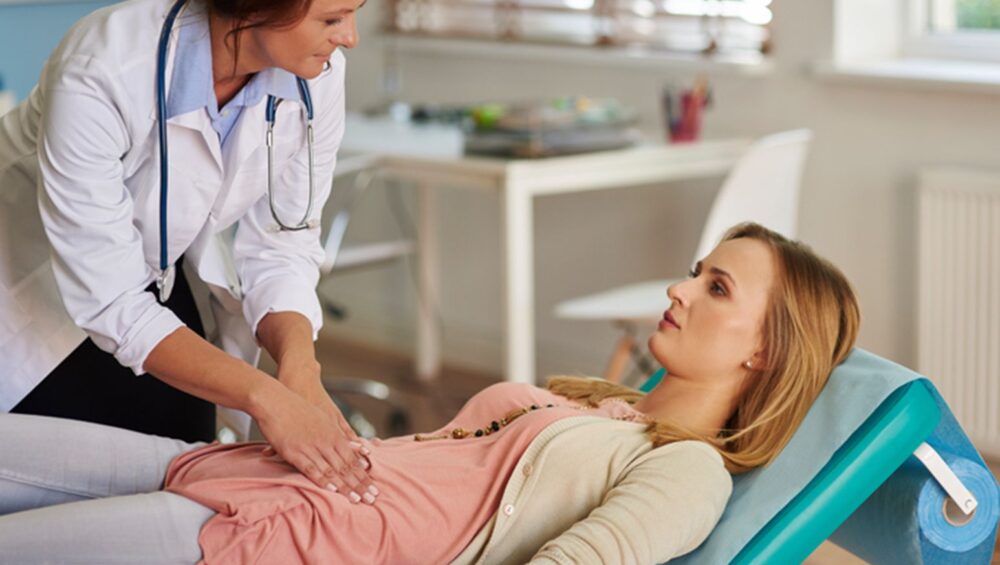Endometriosis is an inflammatory condition where the endometrial tissue similar to the lining of the uterus grows outside the uterus.
The common symptoms of endometriosis include dysmenorrhea which is painful heavy periods, dyspareunia which is pain during sexual intercourse, and chronic pelvic or abdominal pain.
Pelvic pain associated with endometriosis often correlates to the menstrual cycle, but a woman with endometriosis may also experience pain that doesn’t correlate to her cycle. This is what makes the condition frustrating.
Endometriosis is often characterized by extreme, chronic pain during periods is which often dismissed as ‘normal period pain’, with women and girls being told not to make a fuss about it because every other woman endures similar pain.
Signs and symptoms of endometriosis may temporarily improve with pregnancy and may go away completely with menopause unless one is taking oestrogen.
Some risk factors that can place one at risk of developing endometriosis include family history, length of menstrual cycle, defects of your uterus or fallopian tubes, never giving birth and disease/conditions that prevent passage of blood from body during menstrual periods.
It is estimated that 1 in 10 women during their reproductive years are affected by endometriosis and 30 to 40% of these women may not be able to have children. Therefore endometriosis may implicate infertility.
Some interventions to manage endometriosis include hormonal therapy, immune modulators, anti inflammatory drugs and surgery. Endometriosis can be well managed if discovered at an early stage.
Note: If you are experiencing severe menstrual cramps every month, schedule an appointment with your gynaecologist to find out if your symptoms could mean endometriosis. You can also speak to an expert on 0708471069/ 0782358193 to find out more about the symptoms you could be having.






